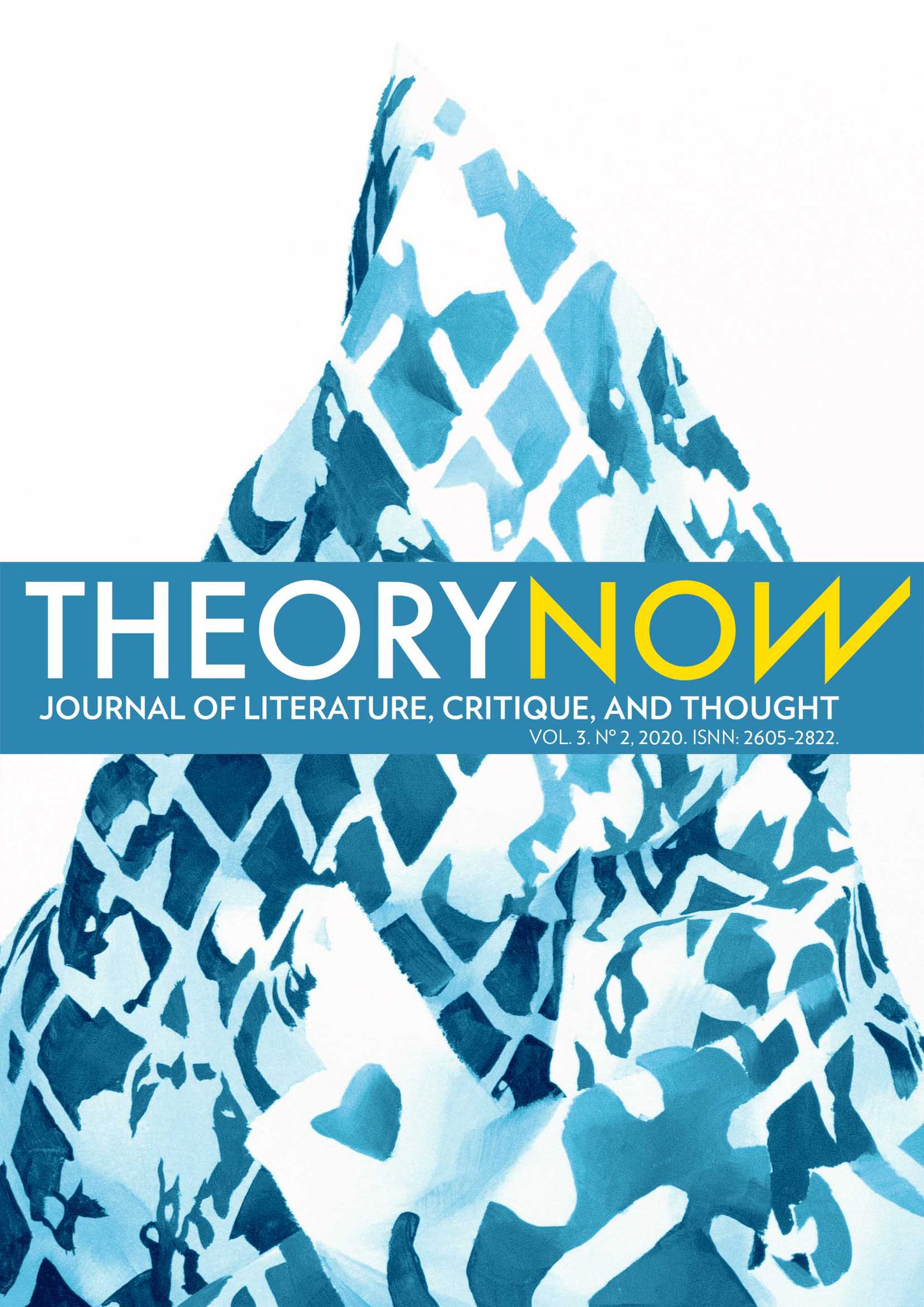A Transnational Literary Field. The Case of Algerian Authors
DOI:
https://doi.org/10.30827/tn.v5i1.22589Abstract
This article explores systematically an under-studied aspect of field theory: through the case-study of Algerian writers, it aims at confirming the validity of the notion of transnational (and multilingual) field. The main criteria adopted here is the national and international belief in the existence of “Algerian literature”: the spontaneous citations of individual writers during the interviews make it possible to outline a national literary field, hierarchized and segmented, that nonetheless operates beyond territorial and linguistic borders. A multiple correspondence analysis confirms this observation and introduces a distinction between two forms of literary capital—national and international—that partially overlap with the opposition between the francophone and arabophone subfields. The article then discusses the model proposed by Pascale Casanova, which associates international pole and autonomy on the one hand, and national pole and heteronomy on the other. By focusing on the period that saw the emergence of national literatures, she neglects the postcolonial period during which spaces of autonomy managed to emerge at the national level. The period of the civil war, in the 1990s, significantly diminished the autonomy of the field, including at the international level, as it becomes almost “nationalized”: not only did it become subservient to national political objectives, but literature became increasingly subjected to economic heteronomy, which is another aspect neglected by Casanova. Nonetheless, this transnational space remained relatively autonomous—i.e. a transnational field—to the extent that it refracted the civil war through the lens of this transnational dimension.
Downloads
Downloads
Published
How to Cite
Issue
Section
License
Theory Now. Journal of Literature, Critique, and Thought is an immediate open-access publication which is available at no cost for readers and authors alike. Authors are not charged any kind of fee for the editorial processing of their articles. Reading, downloading, copying, distributing, printing, searching, linking or reusing all published articles for non-commercial uses is allowed on the condition of citing the author, the journal and the editing body. All intellectual material published in this journal is protected under a Creative Commons Attribution-NonCommercial 3.0 Spain license.
Dissemination of the articles in social (Facebook, Twitter, Linkedin, etc.) and scientific networks (ResearchGate, Academia.edu, etc.), public repositories at universities and other institutions, blogs, personal or institutional websites, Google Scholar, ORCID, ResearchID, ScopusID, etc. is strongly encouraged. In all cases, the intellectual property of the articles and any possible monetary profits derived from them belong exclusively to the authors.













